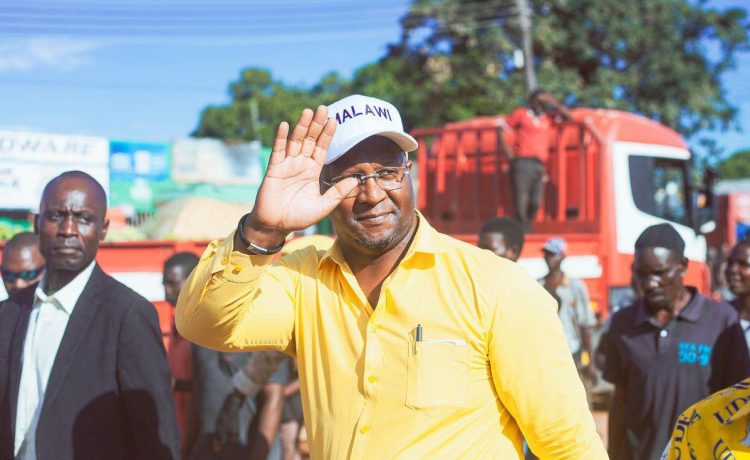In the grand theater of Malawian politics, Atupele Muluzi, scion of the once-mighty United Democratic Front (UDF), finds himself grappling not just with his own ambitions, but with the towering shadow of his father, Bakili Muluzi — the very man who once held Malawi’s reins as President. Yet, in a twist worthy of political drama, social media users have not hesitated to deliver a brutal reminder: the nation’s woes today are, in large part, the wreckage left by the elder Muluzi’s reckless stewardship.
Atupele, who now campaigns under the banner of “business first,” bashes the current government with the vigor of a seasoned opposition, but the digital court of public opinion fires back, accusing him of glossing over the truth—that his father presided over the dismantling of Malawi’s economic backbone, selling off thriving companies that once powered the nation’s prosperity.
What was lost? Let’s rewind.
Once, Malawi boasted Air Malawi, a proud fleet flying directly to global capitals—London, Berlin, Paris, Washington—bringing in foreign currency and jobs. The Malawi Railways moved imports and exports cheaply and reliably, connecting Malawi to ports in Beira and Nacala, employing countless Malawians.
Household names like Lever Brothers churned out products—Covo, Kazinga, Vinolia—that filled homes and pockets alike. British and American Tobacco bought local tobacco and made celebrated brands like Tom Tom and Life, sustaining farmers and factory workers. Reliable public transport came courtesy of Stagecoach and PEW, both providing employment and connectivity.
Garment giant David Whitehead and Sons produced beautiful textiles like Whitex and Khanga, with markets in America and Europe, injecting precious foreign exchange and steady jobs. University education was free, primary schools were universally strong, and government workers enjoyed subsidies and benefits unheard of today.
Even the currency—then pegged at 2 kwacha to the pound—was stable and strong.
All this—gone. Sold off, neglected, or destroyed.
Malawi today grapples to recover from this self-inflicted economic amnesia, with the ruling Malawi Congress Party (MCP) struggling to rebuild what was lost. Social media voices have been unambiguous: tell your supporters, Atupele, that the UDF—and by extension, your father—set the stage for much of the country’s decline. The days of innocence are over. Malawi’s hard truth is clear: the past’s failures still haunt the future.













